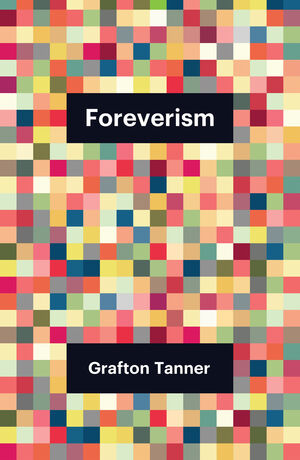This post is a reminder to myself to get hold of and read Grafton Tanner’s new book. I don’t know if he refers to Foucault, but I can’t help but think of Foucault’s notions of heterotopia when I read the book description.
…the idea of accumulating everything, of establishing a sort of general
archive, the will to enclose in one place all times, all epochs, all forms,
all tastes, the idea of constituting a place of all times that is itself outside
of time and inaccessible to its ravages, the project of organizing in this
way a sort of perpetual and indefinite accumulation of time in an
immobile place, this whole idea belongs to our modernity (Foucault,
1967/1998).Michel Foucault, Of other spaces, Trans. Jay Miskowiec, Diacritics, Spring 1986. (Original work published 1967), p.26
Book details below. And also a link to an interesting discussion with the author
Nostalgia’s Empire: A conversation with Grafton Tanner and Johny Pitts, Public Books, 6 August 2023
 Grafton Tanner, Foreverism, Polity, November 2023
Grafton Tanner, Foreverism, Polity, November 2023
What do cinematic “universes,” cloud archiving, and voice cloning have in common? They’re in the business of foreverizing – the process of revitalizing things that have degraded, failed, or disappeared so that they can remain active in the present. To foreverize something is to reanimate it, to enclose and protect it from time and the elements, and to eradicate the feeling of nostalgia that accompanies loss. Foreverizing is a bulwark against instability, but it isn’t an infallible enterprise. That which is promised to last forever often does not, and that which is disposed of can sometimes last, disturbingly, forever.
In this groundbreaking book, American philosopher Grafton Tanner develops his theory of foreverism: an anti-nostalgic discourse that promises growth without change and life without loss. Engaging with pressing issues from the ecological impact of data storage to the rise of reboot culture, Tanner tracks the implications of a society averse to nostalgia and reveals the new weapons we have for eliminating it.
